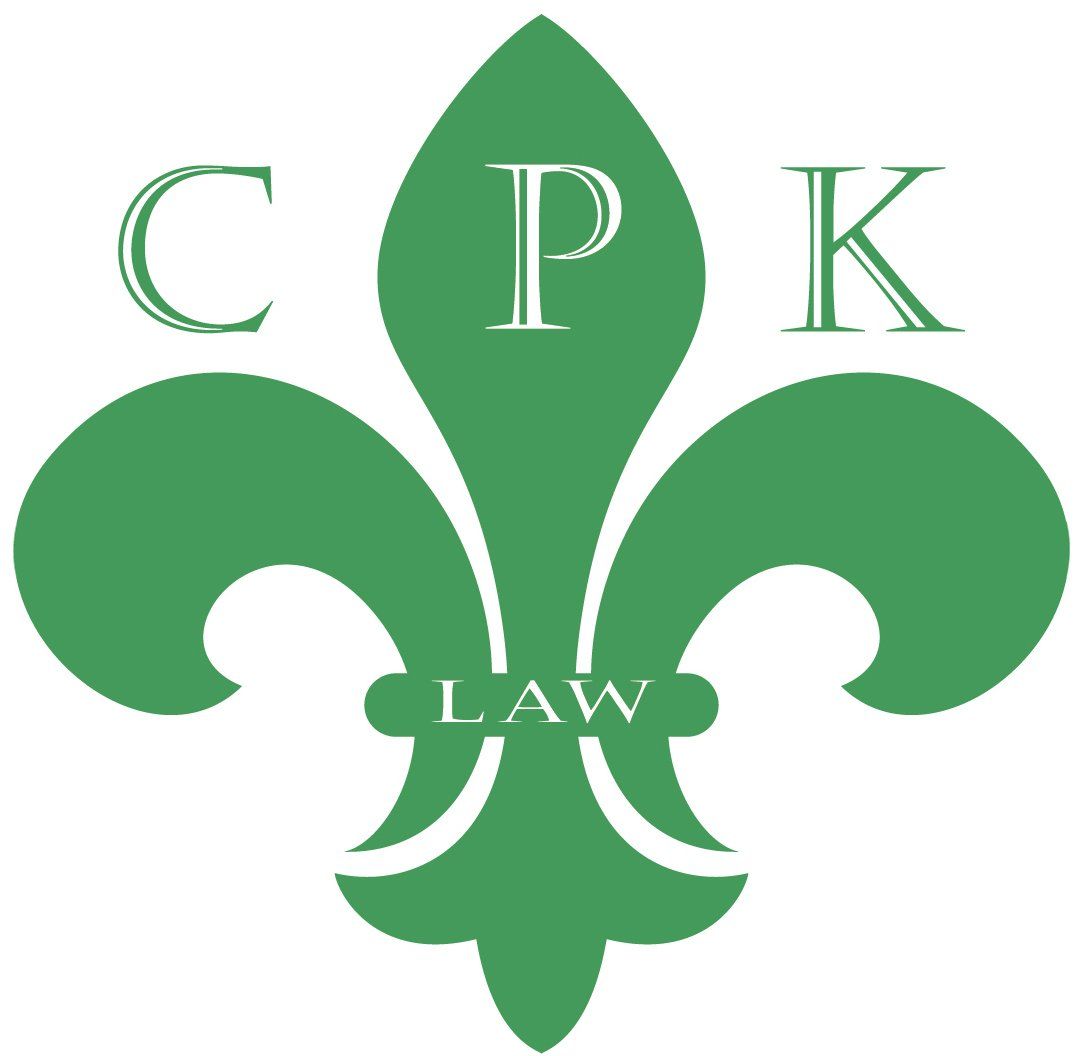What’s My Personal Injury Case Worth?
You’ve been in an accident. You’ve gone to the best car accident lawyer Las Vegas has (hint: Craig P. Kenny & Associates) who’s explained your rights. You have undergone medical treatment, which is now concluded, and it is time to send a demand for settlement to the insurance company. Most if not all clients have an opinion on what the case is worth, and have expectations for the amount of monetary compensation they deserve. Those opinions and expectations may be based on what a friend or relative received for what they perceive as an identical or very similar claim, and are taken aback when the lawyer explains that those expectations are unrealistic. This can lead to distrust of the lawyer….or at the least a feeling that the lawyer is not fighting for them.
The fact is that we as your lawyers have to value cases every day, and there are many factors involved. Since we are on a contingency fee agreement, it is in our best interest to get the most for our clients. The valuation of a case is an art, not a science, and it is always changing. The following are some of the factors that go into what we believe is a fair settlement value.
1) SEVERITY OF THE ACCIDENT
Insurance companies like to look at the property damage caused in the accident. If it is low or non-existent, the settlement value of your claim will be lower. Why? Because over the years when “low impact” cases are taken to trial, jurors are extremely skeptical that someone could be injured in a low speed accident, and the plaintiff runs a big risk of getting nothing when he takes the case to trial. It is not impossible, but the odds are not with you. So someone with the exact same medical treatment with $500 in property damage will receive a nuisance value offer compared to someone with $5,000 in property damage. It is a common sense argument that works in front of a jury for the insurance companies and it goes like this: It was such a minor accident that no injury could have resulted, and you and the lawyer are just out for money. They now have more ammunition in that Metro may not always respond to these types of accidents, which underscores the minor nature of the accident. We tend to discourage low impact claims, but if we take the case, we make you aware early on that settlement of your case will be difficult, and that going to trial is not usually a viable option.
2) PRIOR SIMILAR INJURIES OR CLAIMS, OR BOTH
This is a big factor affecting your settlement, and is what the insurance companies refer to as apportionment. To simplify it, if someone had back surgery 6 months before a car accident, and is now complaining of back pain after the car accident, we have to deal with the prior back surgery and what led up to the surgery. A big mistake clients make is minimizing any pain they had right before the accident. Remember, your medical records will spell out your complaints and pain level both before and after the accident. If someone was in enough pain to undergo a 2 level fusion of the low back 6 months before the accident, and then claims he was pain free before the motor vehicle accident, invariably the medical records within a couple of months before the accident will not support the pain free assertion. The best course is to claim aggravation of a pre-existing condition. An aggravation case is simply not worth as much as someone who comes into the accident with no significant prior injuries or claims. But claiming aggravation instead of claiming you are 100% pain free after a recent surgery usually benefits your credibility, which I will talk about in more detail below. It can be even more problematical if the prior injury arose out of a claim, because now we also have to defend the “professional claimant” tag the insurance company will try to hang on you. Read more: Getting medical treatment after your car accident.
3) CREDIBILITY, CREDIBILITY, CREDIBILITY!
A lot of times you cannot see an injury that someone is claiming. In other words, there is no fracture or scarring. Most, and sometimes all of the pain and suffering someone is claiming is entirely subjective. By that I mean that the doctor pokes the patient somewhere and the patient cries out in pain. Without the response from the patient, there is no objective x-ray or diagnostic test to support the complaint of pain. So determining whether the patient is in pain depends almost entirely on the believability of the plaintiff.
At the claims stage (before a lawsuit is filed) the insurance company may have a statement about the accident, but are not entitled to a deposition, so there is no way for them to evaluate the plaintiff as to his credibility. Many times however they will send authorizations for the plaintiff to sign so they can get medical records. So if the case doesn’t settle at this stage, the insurance company will already have all the medical records and bills from the accident, and any relevant prior records. If the plaintiff is honest about the prior doctors he has seen, there isn’t a credibility problem. However, if the plaintiff fails to disclose prior treatment for similar complaints and it is found out later in discovery in the lawsuit, there are big problems.
Let’s assume a lawsuit has to be filed. The worst case scenario is the plaintiff deliberately tries to hide the fact that he was actively treating with a different chiropractor in the 6 months before the accident. He testifies under oath that he hadn’t seen a chiropractor ever before the accident. The defense finds out that this is not true, and the plaintiff is caught in a bold face lie. No reasonable jury will believe his “subjective” complaints of pain, and he is going down in flames. Insurance companies use the term “secondary gain” when attacking what they perceive as exaggerated complaints to get money. It is an underlying theme they use in almost every case, but when the plaintiff is caught lying it becomes the focus….the plaintiff is lying to get money, pure and simple.
Most of the time plaintiffs are not so brazen to try and hide something that obvious. The more common problem we see is this: plaintiff admits that he has seen a doctor or chiropractor in the past for back pain, but it was not because he was in pain…it was just for “maintenance”. The problem with that testimony is invariably the records will list complaints of pain so the medical provider can justify his treatment. It won’t say “John Jones is here for maintenance of his back”. It will say: “John Jones has a history of back pain and stiffness 4/10 and is here for massage and adjustments”. So now the insurance lawyer attacks plaintiff’s credibility with his own doctor’s records. And since plaintiff must be believed on his subjective complaints, once credibility is gone the case is gone….and the settlement offer plummets. Your case is now worth much less because of your lack of credibility.
Another common attack on credibility is in regards to a significant prior claim or injury. Example: (this is not a real case!) Plaintiff is in a rollover accident in 2008, his passenger is killed and he is in UMC for 4 days with multiple injuries, including a fractured right kneecap and torn meniscus. He gets his meniscus repaired and his kneecap fixed. The treatment is minimal. He gets rear ended in 2010, with about $2,500 in property damage. He drives away from the scene. At his deposition he claims the accidents were about the same in severity. When pressed, he concedes the rollover was worse, but not that much worse. He also claims he was better after the rollover in 6 months, but gosh darn my back is still killing me 2 years after the 2010 accident. The insurance lawyer will stand up and say: “Funny how in the rollover where his passenger got killed and he sustained a fractured knee cap and torn meniscus (objective injuries) he is fine after 6 months….why? because there was no money to be gotten….but here when he has a claim for money the back pain is excruciating 2 years after this minor fender bender and he is still getting treatment”. The point being that minimizing an accident such as above will kill the settlement value of your case.
Honesty is truly the best policy. Remember that “secondary gain” is something the insurance company will jump on if you give them a reason to! Juries will tune you out if you try to sell them a story that doesn’t make sense. And the goal is to get your case settled….so adjusters will also tune you out, and you won’t get as good of a settlement.
4) WITNESS QUALIFICATIONS CAN MAKE A DIFFERENCE
Witness qualifications is a fancy term the insurance companies use to determine whether the plaintiff has “jury appeal”. Let’s assume that 2 people are in the same accident, one the driver and one the passenger. Both are honest and testify truthfully at their deposition. However, the passenger is extremely nice, pleasant and just an all around likeable person. The other one is a lawyer! The lawyer is arrogant, condescending, and rude….and although he doesn’t kill his credibility by exaggerating or hiding anything as discussed above….in all likelihood his case is worth less because he is not likeable. So even if they have the exact same treatment and injuries, the passenger will help himself at the deposition, and the lawyer will not, which will result in a higher settlement offer for the nice person. Sometimes it pays to be nice. As an aside, all of the lawyers at Craig P. Kenny & Associates are like the passenger, not the driver!
In addition to being nice or not, whether your young or old; employed or unemployed; have criminal convictions; a citizen or non-citizen, female or male (in scarring cases for instance), these and other factors go into what your case is worth.
5) THE INSURANCE COMPANY INVOLVED
This is the luck of the draw, but it definitely affects not necessarily what your case is worth, but the settlement offer. For instance, the same case with one insurance company will settle for a fair amount in the claims stage, whereas with a lousy company like American Access you will probably not get a fair offer and be forced to trial. Ultimately, it is not a level playing field. Again this is where you hear stories about someone with $6,000 in bills who settled for $14,000 with USAA, and the disgruntled person who has almost the exact same claim who is offered $3,900 by American Access and has to wait 2 years to go to trial. This is something beyond your control and our control, but we will explain to you at the initial meeting that the settlement value of your claim may be skewed depending on the insurance company involved.
What your case is worth can also depend on the amount of insurance involved. For instance, your case can clearly be worth $40,000, but if there is only $15,000 insurance available, that is what your case is worth. We don’t go after people individually because it is virtually impossible to collect anything over the policy amount.
In conclusion, the pre-conceived notion clients might have that you take the medical bills and multiply by 3 to get the value of your case is not accurate. Those days, if they ever existed, are gone. There are factors in your control and some not in your control that affect what your case is worth. It is important that your conduct during your claim be truthful in what you tell your doctors, and if it gets into a lawsuit be truthful and realistic at your deposition. If you do that, you will maximize your recovery.
FREE CASE REVEIW
Do not leave your future to chance. Hire the best personal injury law firm in Las Vegas.
The post What’s My Personal Injury Case Worth? appeared first on Craig P. Kenny & Associates.
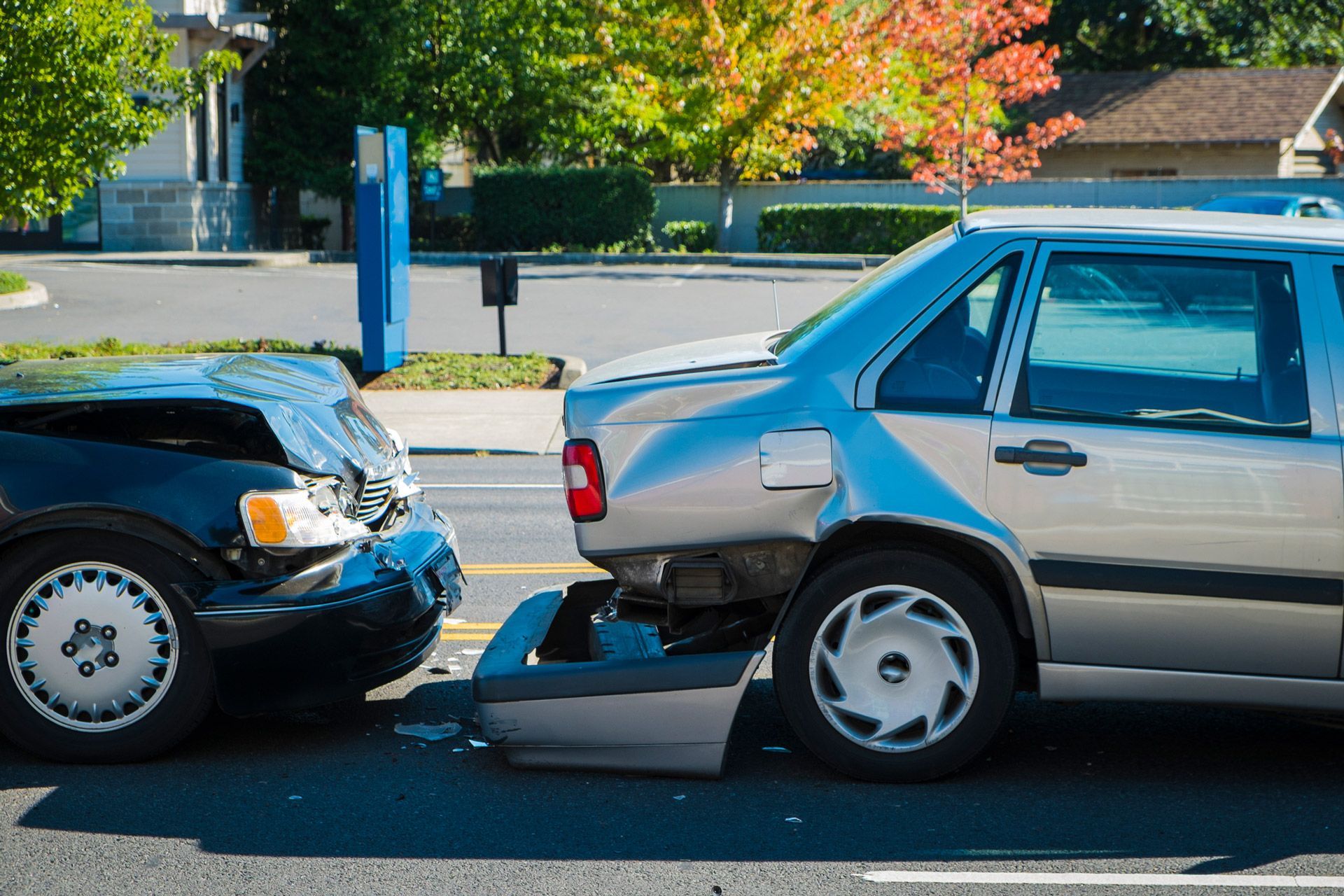
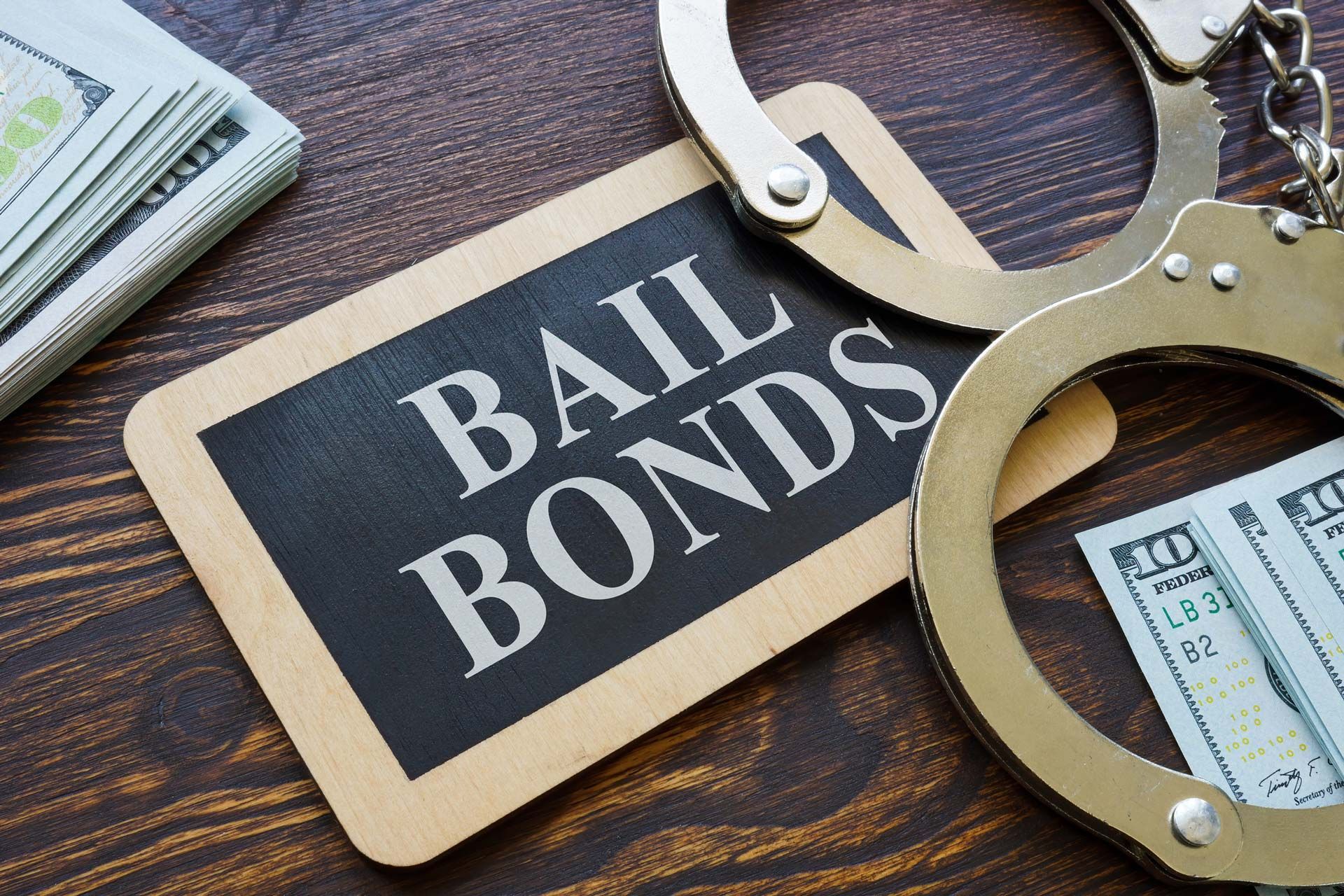

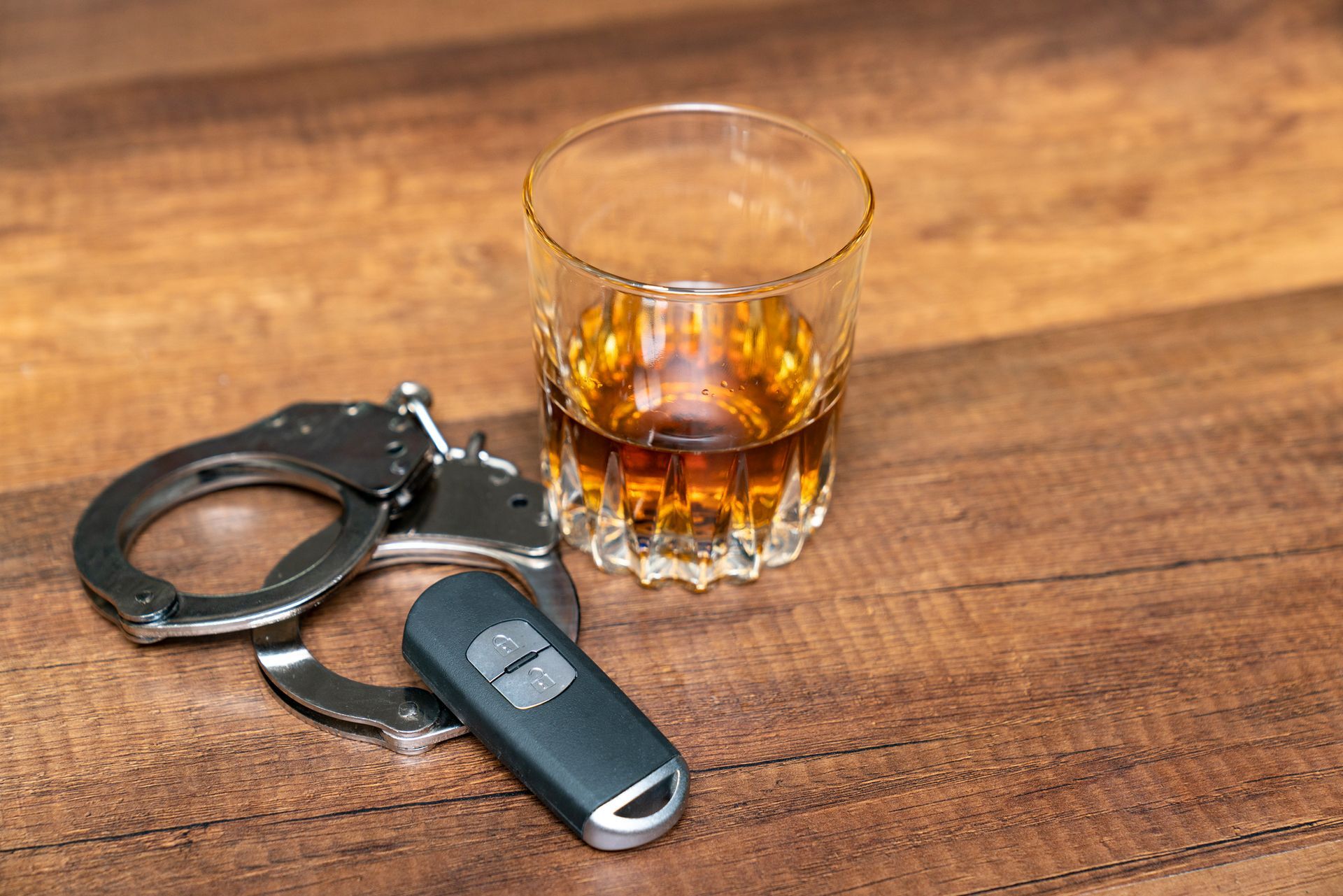

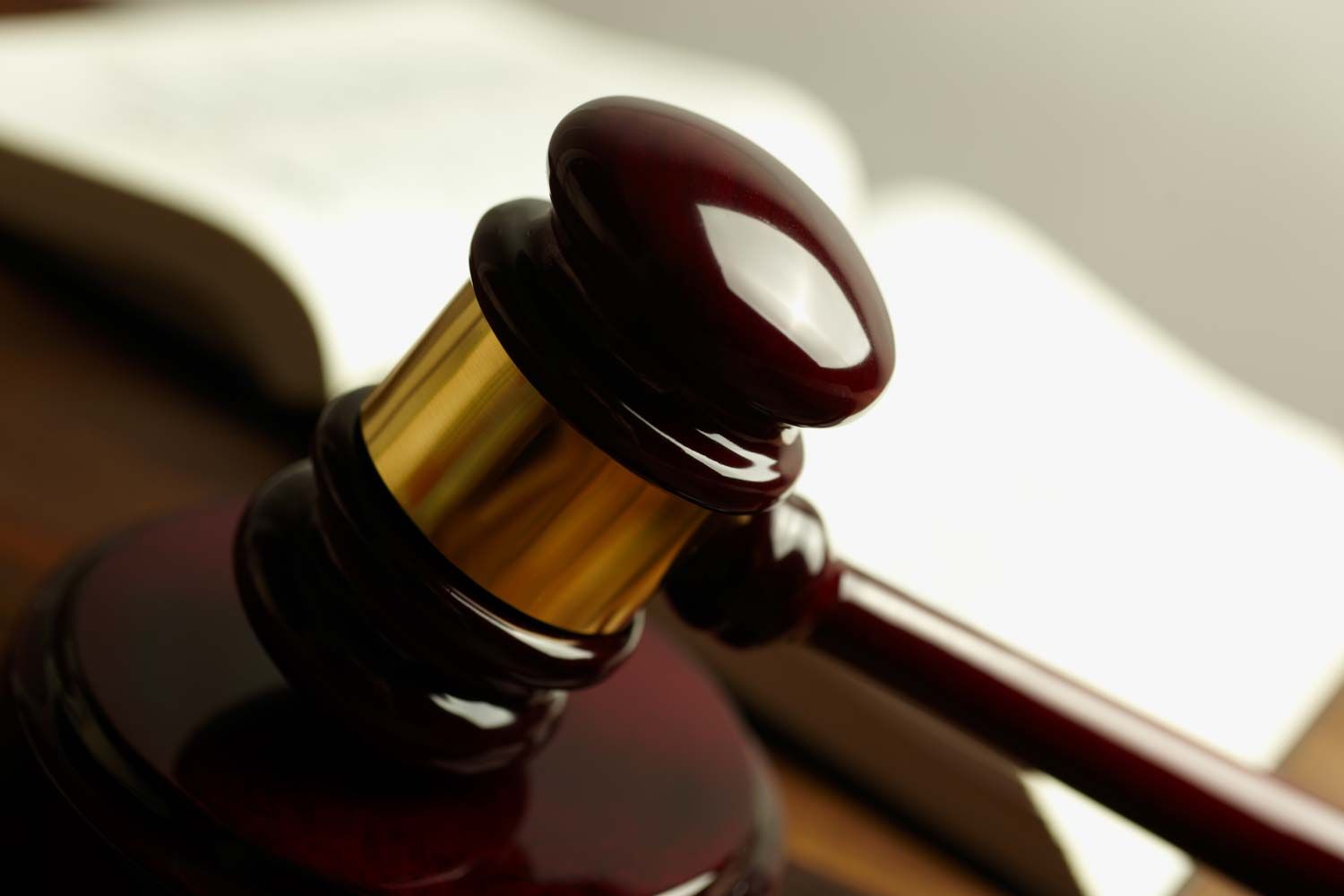

Our Reviews

Hayley Price is a knowledgeable and experienced attorney. Hayley made me feel like I was her only client; she gave me great advise and was ready to fight to resolve my case. I will without question refer Hayley to family and friends.
Thanks again Hayley – Anthony P.

These guys are great. Very efficient and handled what I needed very professionally. Highly recommended. – Autumn W.

A friend recommended I call them for my speeding ticket. The lady informed me since it was my first offense Las Vegas Municipal Court was already offering ticket reduction, no traffic school, and no points as long as I pleaded no contest and paid online. She could’ve easily gotten me for my $50 and I wouldve never known! She even walked me through the whole process online. I wish I could give this place 10 stars. – Amanda G.

They were super helpful I went to them when I got into a car accident they took care of everything and immediately set up an appointment to see some doctors super friendly staff. Car accidents can be super stressful and they made me feel welcomed and cared for. 10/10 would definitely recommend. Hopefully I have no more car accidents but if I do they’re my people to go to. – Rachell M.

I'm writing this review on behalf of my husband who was involved in a car accident with a drunk driver while he was coming home from work in a middle of the night. Because of the personal injuries and the car damage we contacted Craig P. Kenny & Associates. Lawrence E Mittin and his team were very committed in making the whole process so much easier for my husband who needed to see several doctors because of the injuries. In the end, my husband received a very nice settlement. Thank you for all the work Lawrence E Mittin! We will recommend this law firm to anyone in need. – Ioana R.

Paul Kirst with Craig P Kenny & Associates is an efficient, trustworthy personal injury lawyer who gets results! He recently handled a traffic violation for me smoothly and with exceptional results, even in the midst of common quarantine close-down challenges. I had the opportunity to interact with him during the process and enjoyed his tension-reducing humor, and appreciated his knowledge and understanding of the law and related court systems. Paul kept me updated through the process, explaining both the how's and the why's. His office was communicative and followed up faithfully by email and phone. They even sent reminders regarding the final court processing fees and deadline. The five star way that Paul resolved a small legal matter confirmed that I will return to his care should I need a top notch personal injury lawyer for a large matter. Thank you, Paul! – Teri A.
Blog Preview
NEW FROM THE BLOG


Contact Information
Phone: 702-380-2800
Toll Free: (888) 275-3369
Fax: (702) 380-2833
Email: ckenny@cpklaw.com
Address: 501 S. 8th St., Las Vegas, NV 89101
